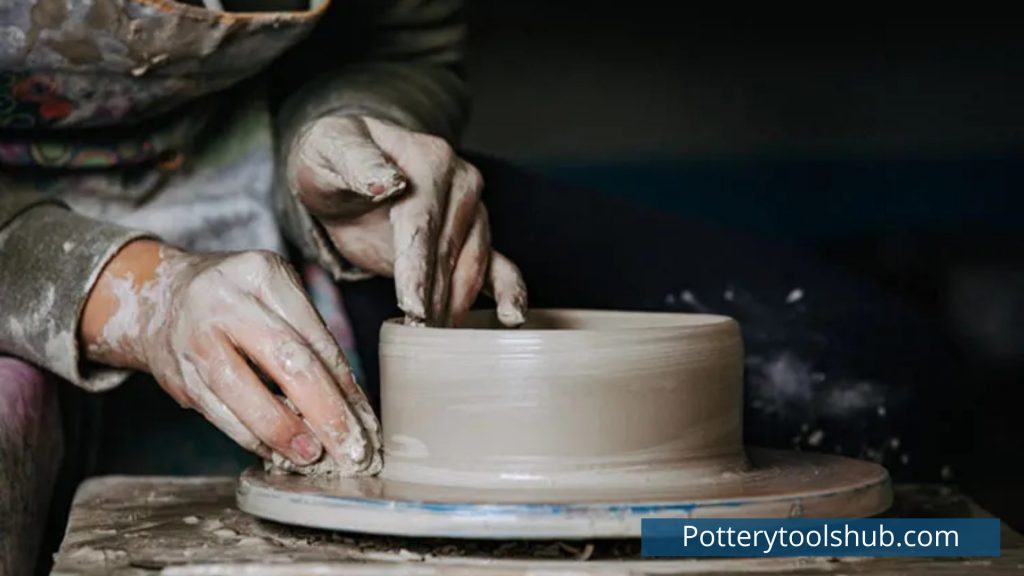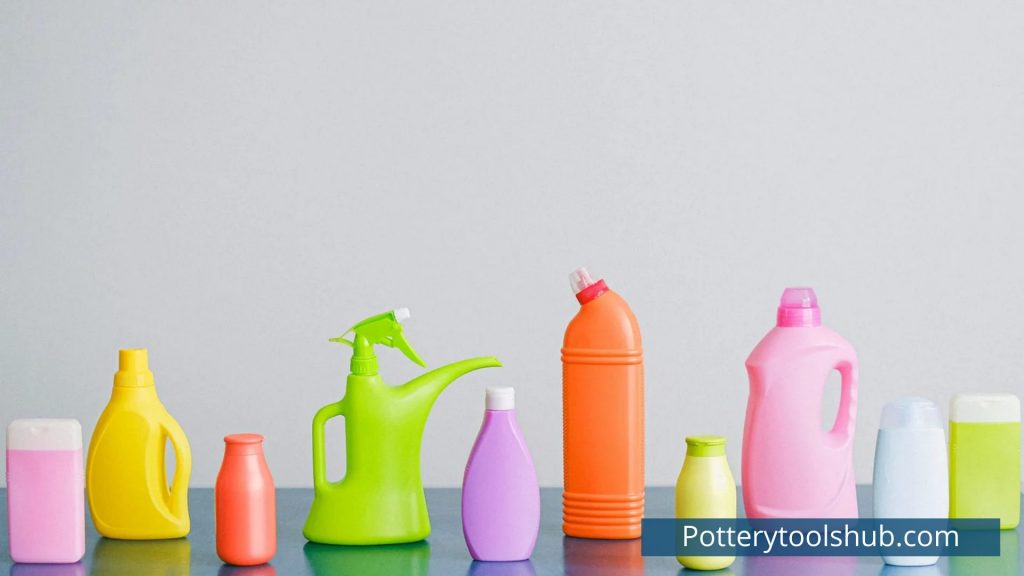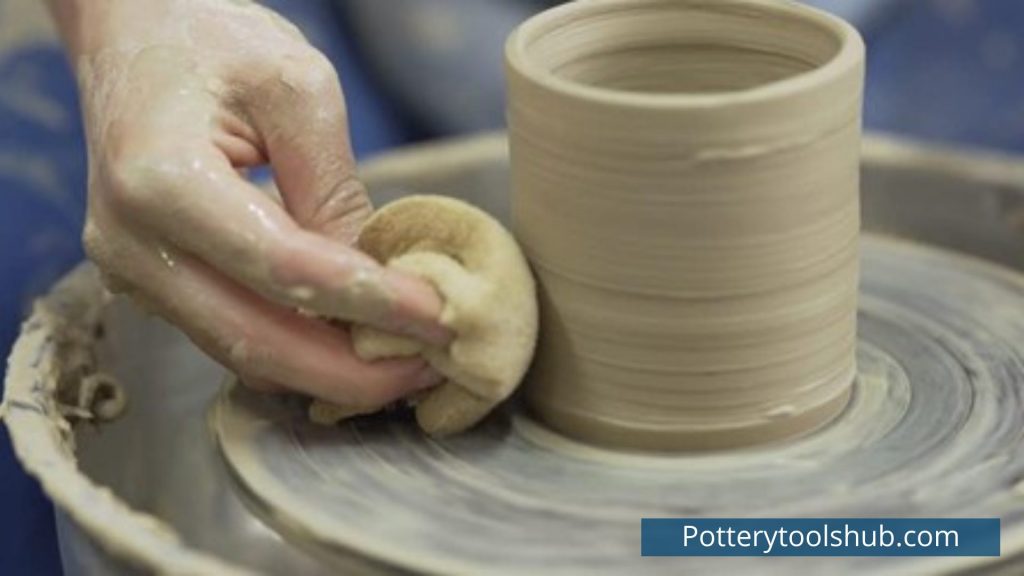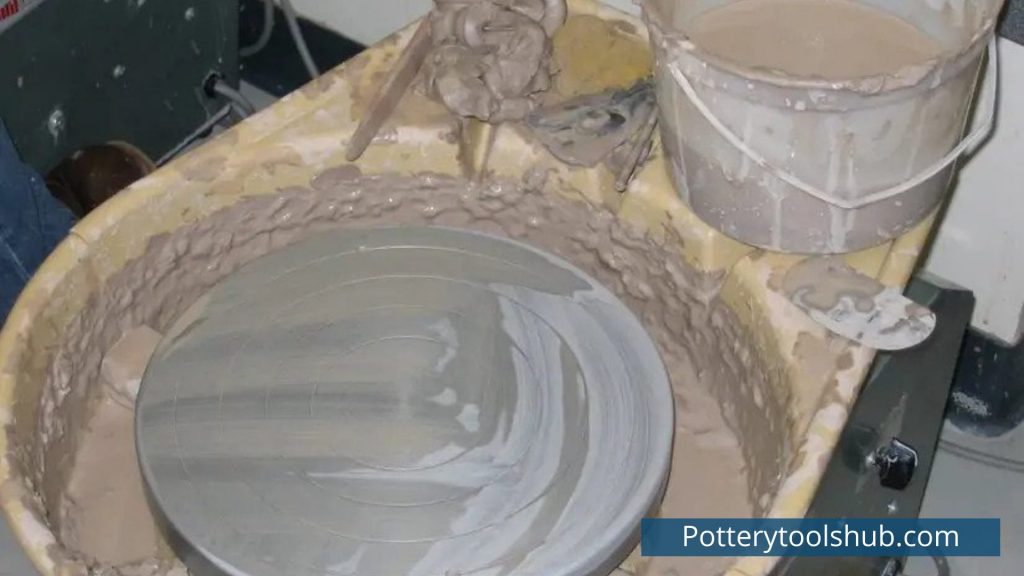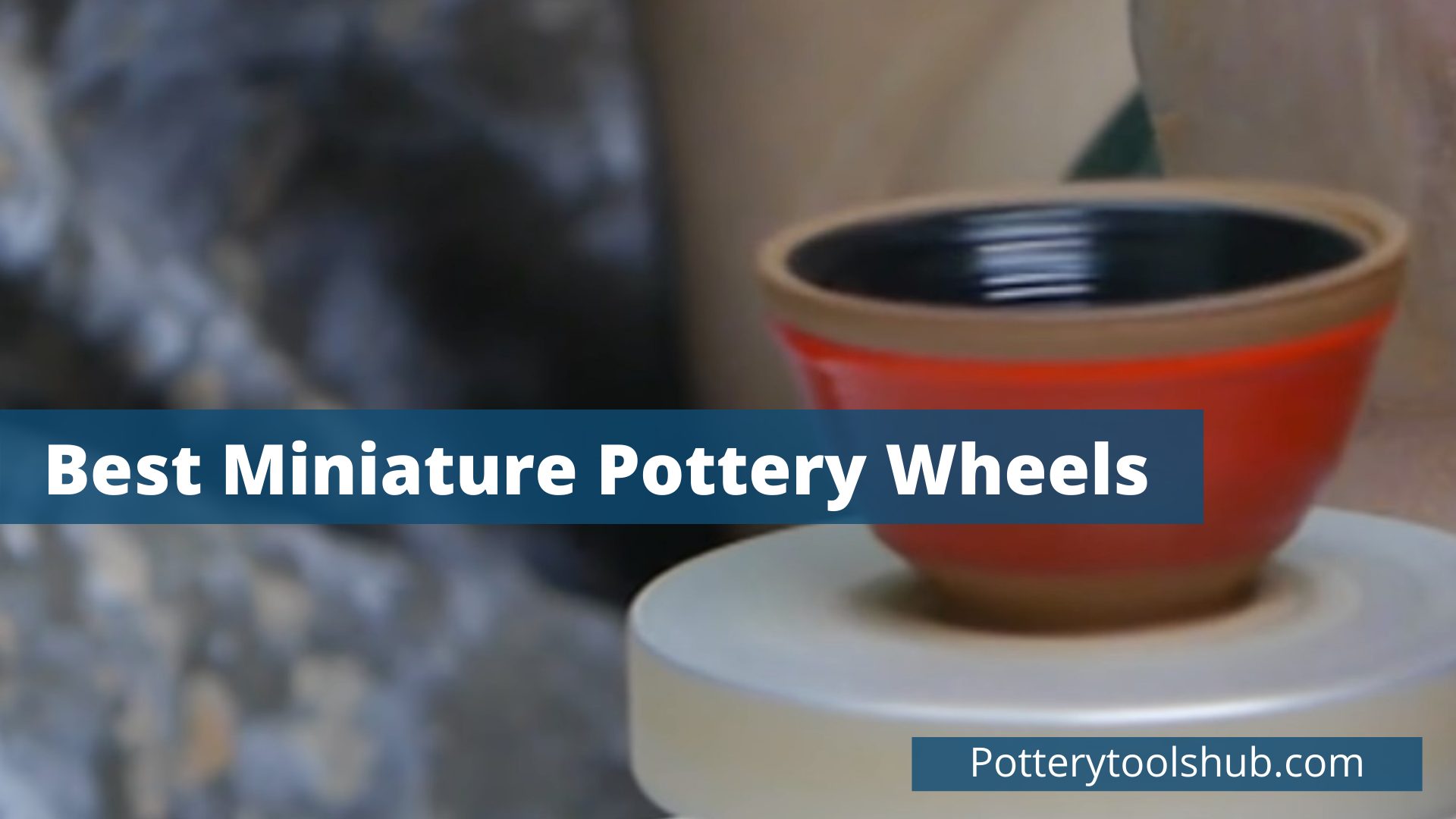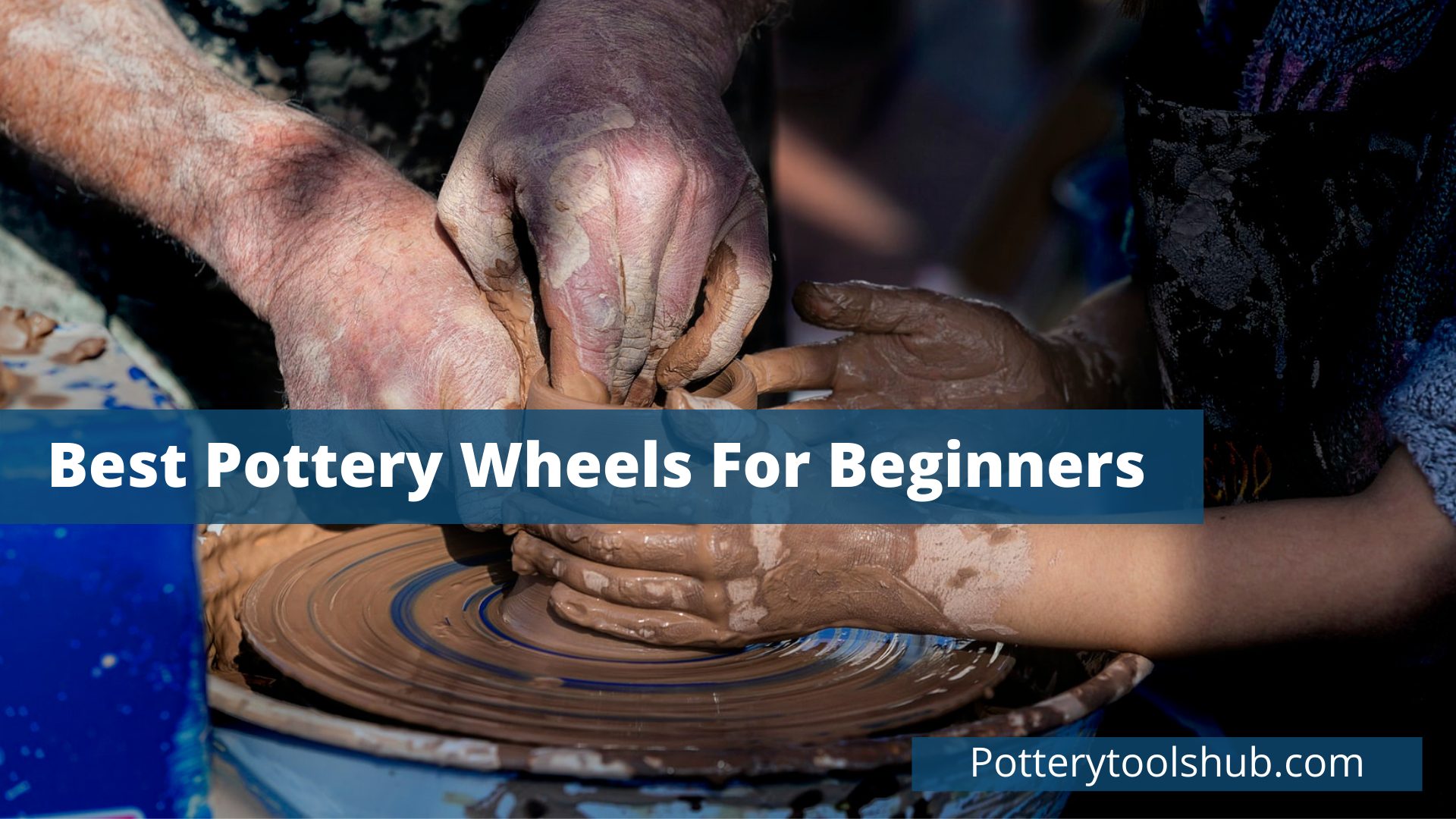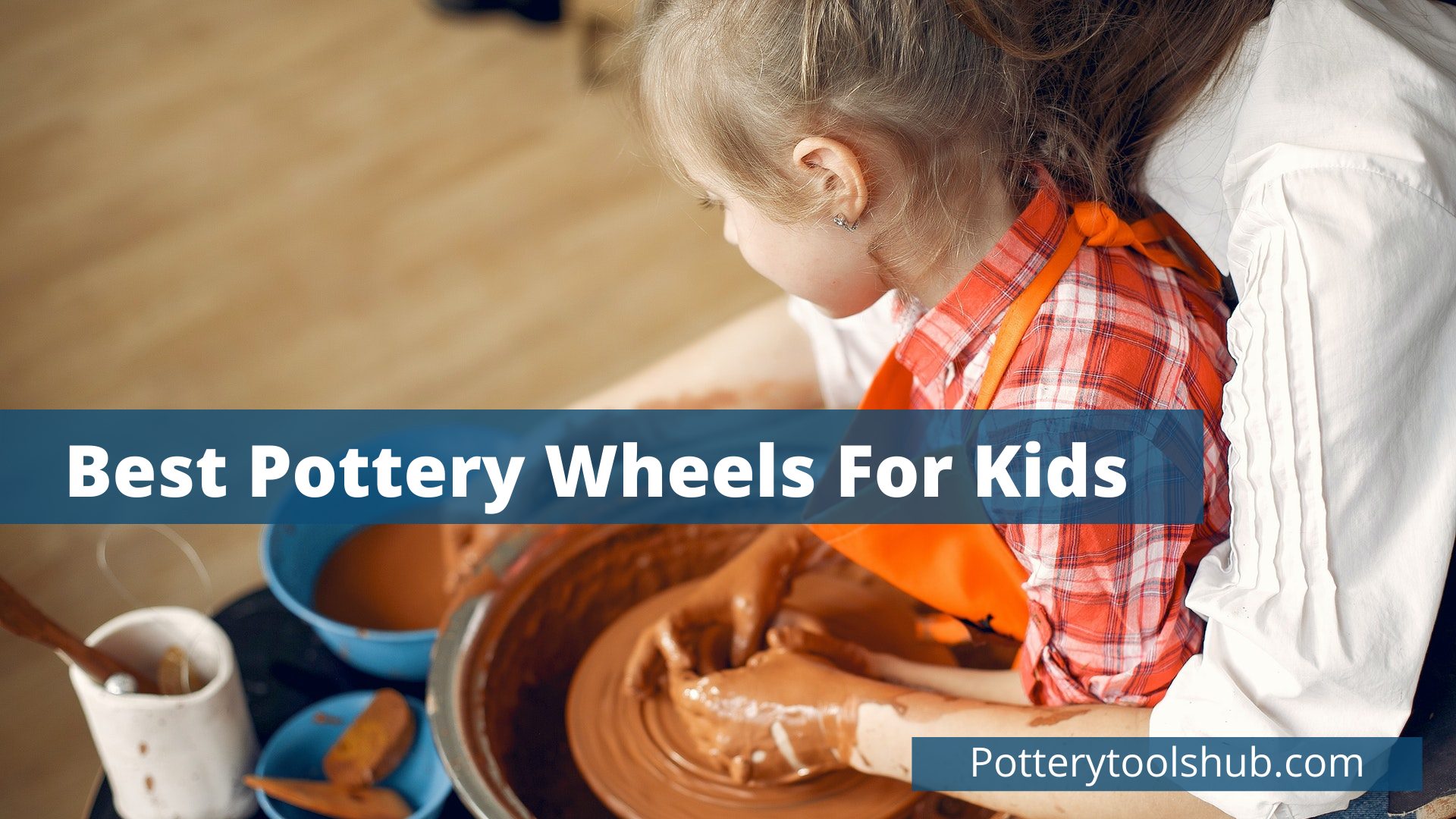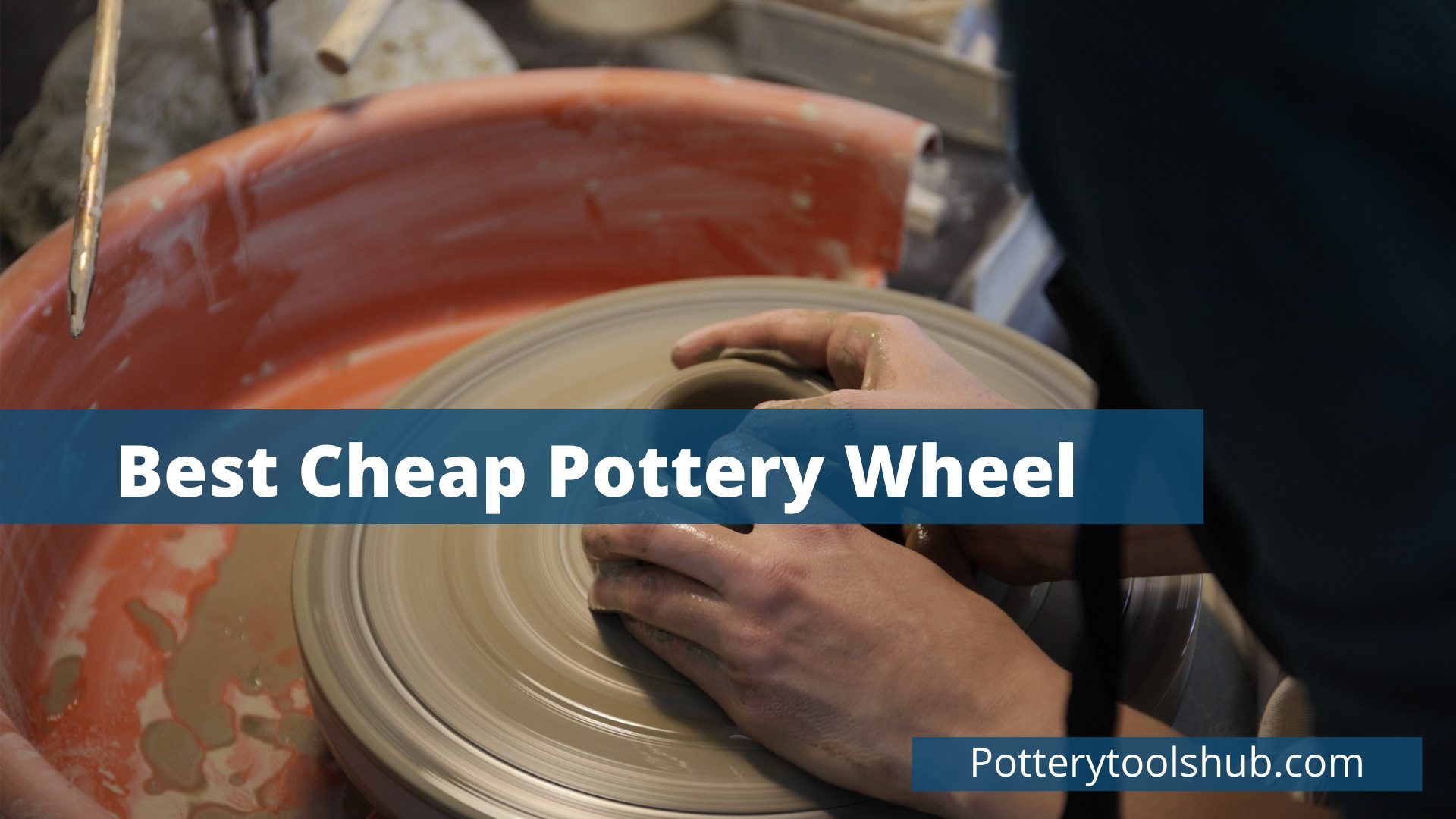The aesthetic and monetary value of pottery wheels cannot be understated. They are a hefty investment, with each wheel ranging from anywhere between $250 to $2500. Now, considering that, wouldn’t you want to ensure that your wheel doesn’t rust and go to waste? To do that, you need to learn how to clean a pottery wheel!
Still, you may find yourself asking: “Do pottery wheels even rust”? The answer to that is a resounding yes! Much like any other tool or piece of equipment, you may one day see rust on your wheel. However, with the proper care, this problem can be dealt with!
There are two ways you can fix this problem:
- Take immediate measures
- Learn about the underlying cause
If you wish to learn more about how you can make the best of your investment, this article is the one for you!
And if you are intrested to learn more about Pottery as a hobby, we recommend this article: Pottery as a Hobby: What to Expect and What are the Expenses?
Table Of Contents
So much rust! How should I clean the pottery wheel?
The solution to this is very simple: WD-40. One almost always has a spare can of this lying around in their house, which will most assuredly work in your favor.
WD-40 not only removes rust from wheels but also covers them in a protective layer of lubricant. This layer essentially acts as a barrier that prevents further rusting.
The lubricant properties essentially weaken the bonds between the metal surface and rust. Therefore, regular application of WD-40 ensures that the rust does not return.
Leave it applied on the surface for 10 to 20 minutes and see the magic happen.
Benefits aside, it is recommended to spray on a small area to test whether it’s safe to use on that particular equipment or not.
Alternatively, you can also avail of the services of the manufacturer. Visit them or call them to ask how they would remove rust from wheels. Never forget; an expert’s advice is always invaluable!
I’m trying to clean my pottery wheel – why is it rusting?
The answer to this usually lies in bad habits. To fix this, you should learn to use a pottery wheel.
Typically, the reason behind constant rusting falls under the following three categories:
1. Acid Based Cleansers
Potters sometimes choose to use acid-based cleansers to make their wheels shine. This is ill-advised as the harsh chemicals create rust on wheel heads.
These cleansers will corrode your wheel and may cause pitting. Therefore, to avoid this troublesome situation, a pH-balanced cleaner is recommended for removing rust from wheels.
2. Pitting
Pitting is the sneakiest and most dangerous affliction for a pottery wheel. On top of that, it is tough to anticipate or detect. It creates a vertical cavity in the wheel head down from the surface, which is almost impossible to spot.
Pitting corrosion typically happens for a few reasons.
- The factory coating may wear off due to physical or chemical attacks. The lack of protective layering leaves the underlying metal more prone to damage air and water. The wheel head is prone to corrosion this way.
- High concentrations of chloride ions in seawater are harmful to the wheel. They chemically attack the metal alloy which the head is made of and make it prone to rusting. In essence, chloride ions accelerate the rusting process.
- Irregularities in the metal used to make the wheel may also cause pitting. For this reason, we encourage you to purchase your pottery wheel wisely.
- Poor application of protective coating also leaves the metal exposed to harmful elements, which result in pitting.
3. Incorrect Cleaning Methods
Cleaning your pottery wheel is an important exercise. Incorrect methods may very well lead to rusting.
In addition, cleaning correctly is also very essential. After all, you might be cleaning your wheel after using it every time and still be plagued by rust if you use improper cleaning methods.
The proper way to clean pottery wheels is to wash up the pan and its surrounding area. It is advised to do this outside instead of in a sink to avoid clogging. Afterward, dispose of the waste in a manner that does not harm your garden.
From here on out, you don’t need to use more water. Take a sponge with clean water and use it to wash the pan. Avoid harsh chemicals and wipe the pan and surrounding areas. After this, properly dispose of the excess water.
Pro tip to correctly clean a pottery wheel:
Consider avoiding abrasive materials. They tend to strip galvanized steel of their protective zinc layers, resulting in rusting. The sponge is a better and friendlier alternative.
However, different clays act differently, and you can learn more about them through this article: The Types Of Clay For Pottery – Choosing The Best One For You
How To Avoid Rusting?
If you’re trying to prevent your pottery wheel from rusting, you need a suitable material for the job. Aluminum is perfect for this purpose.
Now, you may be wondering, “If these aluminum wheels rust, how will I get the rust off?”. The answer to this is that you don’t need to! Because the chemical composition of rust is that of iron oxide, aluminum, which has almost no iron, cannot rust.
Aluminum wheels may lose their shine over time, but they will not rust like regular iron or steel.
Thirdly, in case you’ve already bought a steel pottery wheel, don’t fret! You may paint your wheel with epoxy spray paint to prevent rusting. On the other hand, a way to keep steel wheels from rusting is to purchase a galvanized steel wheel head. It comes with a layer of zinc coating which prevents oxygen from bonding with the steel. This way, you won’t have to scratch your head over how to remove rust from steel wheels in the first place!
Relevant Article: Best Pottery Wheels 2023
Conclusion:
A proper cleaning regimen is a great way to slow the rusting process down. Always clean your pottery wheel and polish the head to remove the accumulation of clay.
Still, even if your wheel ends up rusting, a little bit of corrosion is not a reason to worry so much. While not ideal, you can replace the rusted wheel. However, stringently following the advice above will most definitely ensure that it won’t come to this.
Numerous factors come into play when it comes to the rusting of wheel heads. You can fix this rusting as long as you know which material to use – aluminum or galvanized steel – and adequately maintain them.
We hope that you found our information helpful and wish you the best in your pottery pursuits!
